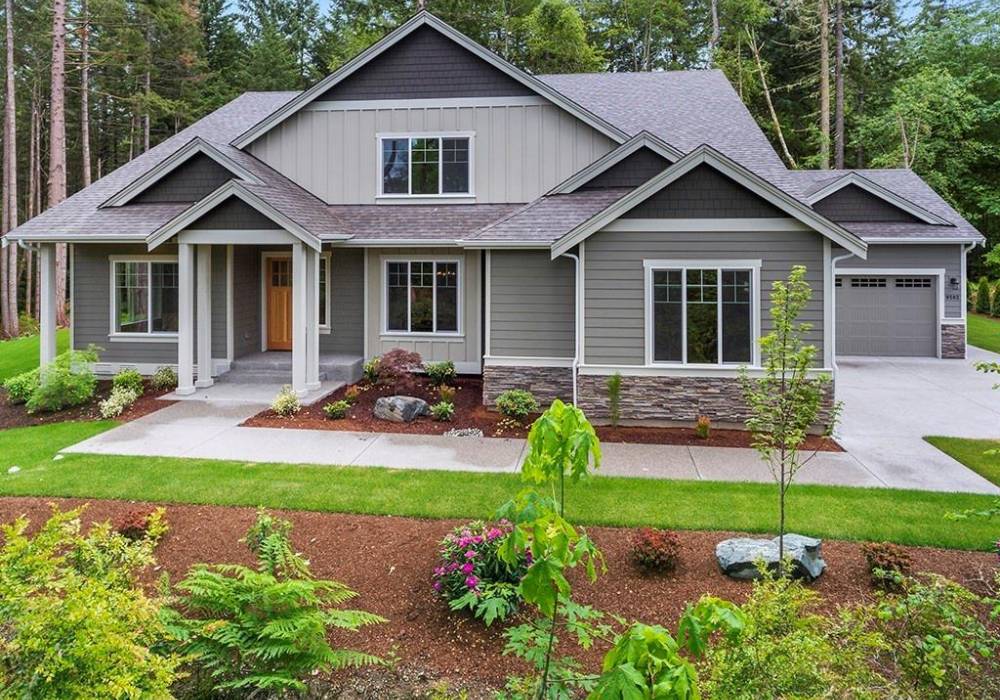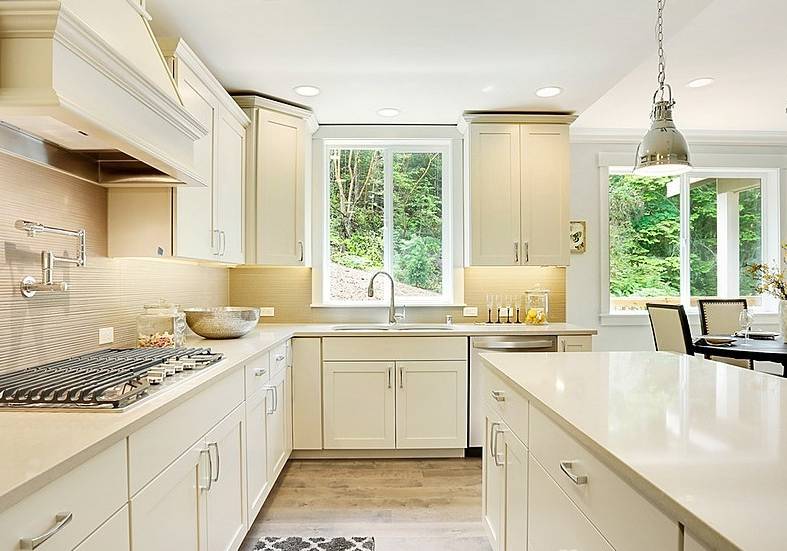New Construction vs Previously Owned Home
As a real estate agent, I love helping people buy or sell their home. It is so rewarding to guide people through the process toward fulfilling a dream. My journey into real estate has been a little different than most “traditional” real estate agents as I have worked quite a bit with new construction. Although at the surface level, buying new construction is no different than buying a previously owned home, there are definitely nuances within new home buying that make the process unique.
Most new home buyers (vs buyers who purchase a previously owned home) choose the new construction route because they want to have a hand in the details of their home and even if they aren’t first time home buyers, the process is different enough that many questions arise. For anyone who is currently considering buying a new construction house - I’ve compiled a list of the most frequently asked questions I’ve been asked when working with buyers in this area.






